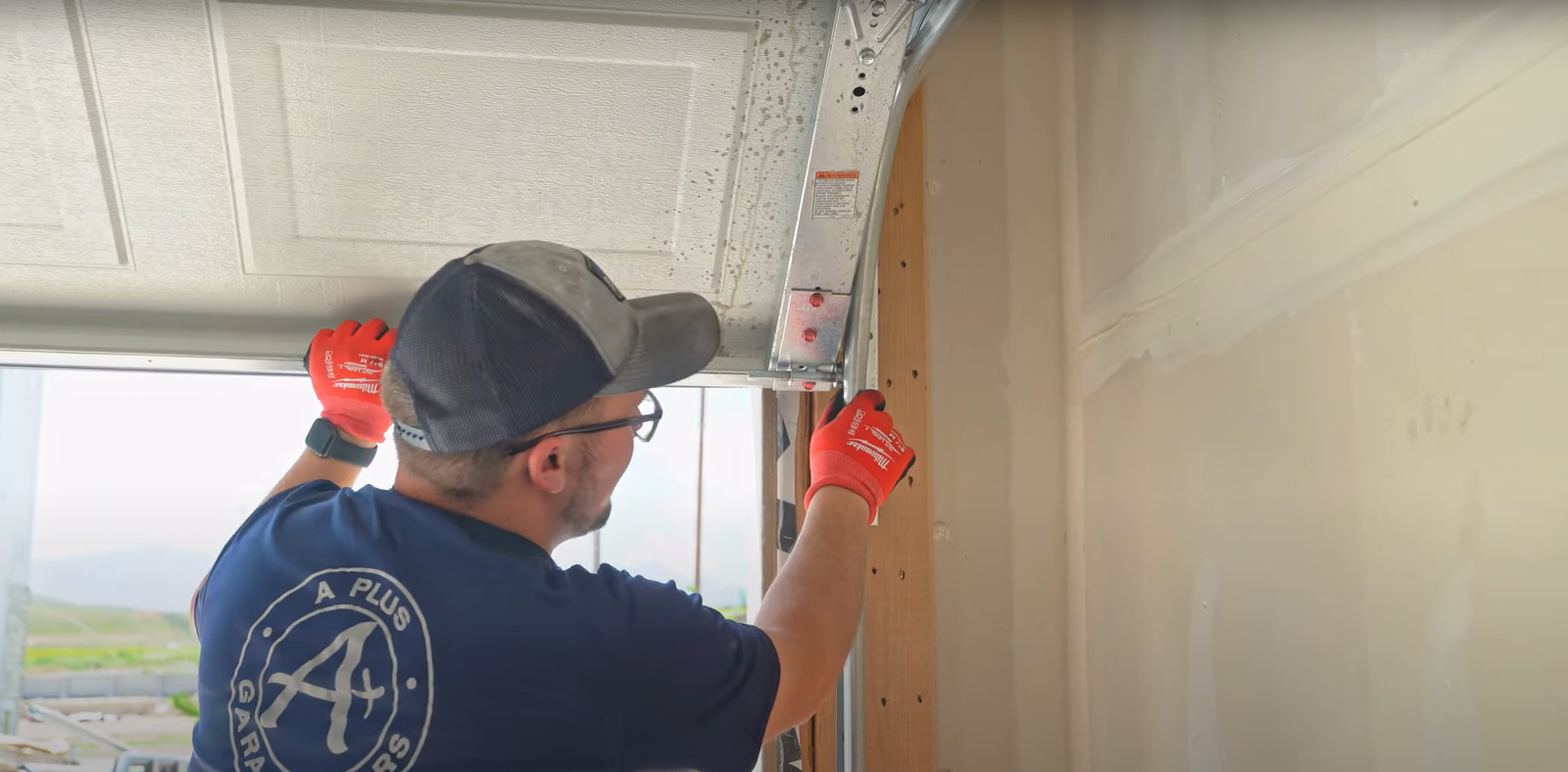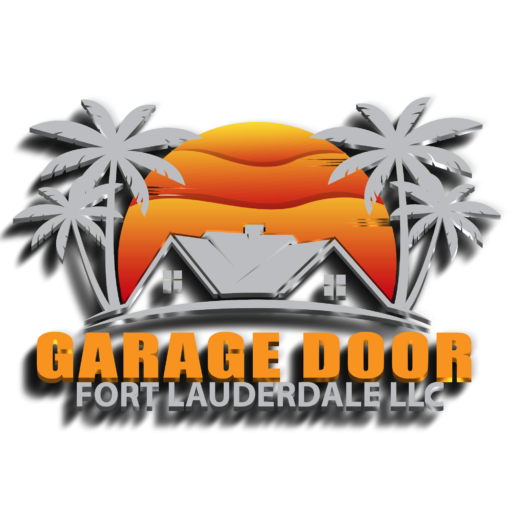
Solving the Mystery of Noisy Garage Doors
Addressing a noisy garage doors can feel like trying to solve a riddle. The irritating creaks, groans, or rattles aren’t just unpleasant—they may also signal underlying problems that need attention. Whether it’s a minor adjustment or a professional overhaul, understanding how to quiet your noisy garage door helps you maintain its efficiency and prolong its lifespan.
This guide will walk you through the common causes of noisy garage door issues, DIY solutions you can try, and when it’s time to bring in an expert for a noisy garage door fix.
Understanding the Causes of Noisy Garage Doors
A noisy garage door doesn’t just happen overnight. Several common culprits might be behind the racket in your garage.
Loose Hardware
Garage doors move multiple times daily, causing nuts, bolts, and other hardware to loosen over time. This loosening can create vibrations and result in loud, clanky noises.
Worn-Out Rollers
Your garage door’s rollers are critical to smooth, quiet operation. If they’re worn out or misaligned, they can drag or grind, leading to unpleasant sounds every time the door moves.
Lack of Lubrication
Moving garage door parts like rollers, tracks, and hinges need regular lubrication. Without it, these components create unnecessary friction, resulting in squeaks and grinding noises.
Other Causes
Other possible issues include problems with tension springs, off-track rollers, or even debris stuck in the tracks. Identifying the source of the noise is the first step in addressing the problem effectively.
Regular maintenance can minimize these issues and keep your garage door operating smoothly (and quietly).
DIY Solutions for Quieting Your Garage Door
If you’re dealing with a noisy garage door, some DIY fixes might get the job done. Here’s a step-by-step guide to reduce that bothersome sound.
Tighten the Hardware
Using a wrench or socket set, carefully tighten all screws, nuts, and bolts, especially those surrounding the tracks. Be cautious not to overtighten, as this could cause damage.
Lubricate Moving Parts
Apply a garage door-specific lubricant (not WD-40) to the rollers, tracks, hinges, and springs for smooth movement. Regular lubrication reduces friction and prevents wear.
Inspect and Replace Rollers
If your rollers appear worn, cracked, or misaligned, replacing them can make a significant difference. Opt for quieter nylon rollers instead of metal for added noise reduction.
Always exercise safety when performing DIY maintenance, especially when dealing with parts under tension, like springs.
When to Call a Professional for a Noisy Garage Door Fix
Sometimes, a persistent noisy garage door means it’s time to pick up the phone and call in the pros.
Signs You Need Professional Help
- Unusual or persistent noises after attempting DIY fixes.
- Visible wear or damage on major parts like springs or cables.
- Door malfunctions, such as uneven movement or getting stuck.
Benefits of Hiring a Professional
Professionals bring expertise to diagnose and fix even the most complex garage door issues. With precise tools and experience, they ensure your door lasts longer and operates more safely.
Preventing Future Noise in Your Garage Door
Avoid future headaches (and earaches) by implementing consistent maintenance practices.
Regular Inspections
Check all moving parts monthly for wear, looseness, or damage. Addressing problems early will save you from expensive repairs down the line.
Ongoing Lubrication
Commit to lubricating rollers, tracks, and hinges every three months for smoother operation.
Professional Tune-Ups
Schedule a professional maintenance service annually to keep everything in top shape and prevent noisy surprises. Services like those offered by Garage Door Fort Lauderdale extend the life of your door while preserving its performance.
Quieting your garage door may take a little effort, but it’s worth every moment for the peace (and quiet) it brings to your home.
